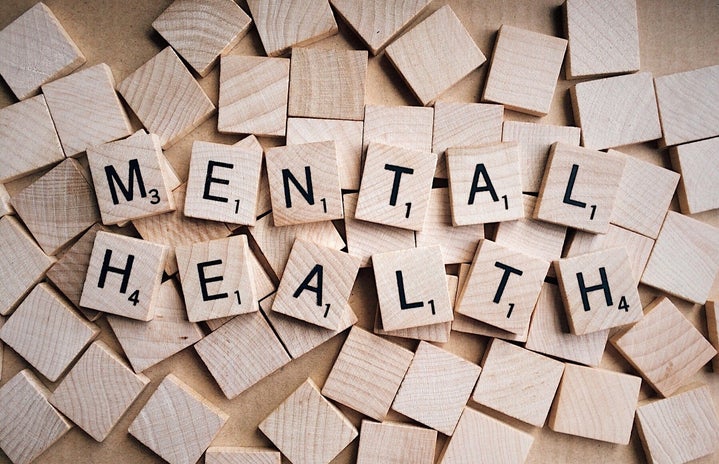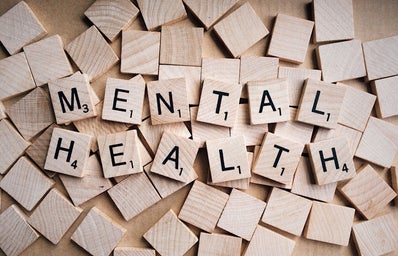I know that there is no magical cure for a mental illness – going for a walk is not going to cure your depression, and one deep breath won’t solve your anxiety. However, there are things that are proven to improve your well-being and mental health. I have anxiety and depression and have been struggling with my mental health for years. I heard about these 3 things hundreds of times before I actually started to implement them in my life. Truthfully, I feel like they have helped me to manage my mental health and improve my well-being. Even if these seem like clichés you have heard a thousand times or a little bit hippy-dippy, try them out. I really recommend it!
1. Exercise
Trust me, I was as cynical as anyone – no way I was about to go for a jog or head to the gym to help with my depression. I swore it was total bullsh*t. Except then I started jogging, and I noticed if I missed my morning jog a couple of days in a row, I had less energy, less motivation, and was in a worse mood.
Many studies have proven that aerobic exercise reduces anxiety and depression. I really recommend making a habit of running, swimming, biking or walking and incorporating it into your routines. Have a roommate join you on a jog, get your mom to come on evening walks, or put your headphones in and listen to some of your favourite music/podcasts.
2. Gratitude
Studies have shown that writing in a gratitude journal helps to reduce stress and depression. A study done with healthcare workers found that individuals who wrote in a gratitude journal each day to take stock of thankful events reported lower stress and depressive symptoms than those who did not! Before bed or when you wake up in the morning, try writing down 3 things you’re grateful for. I love “The Five-Minute Journal” from Indigo, or you could use any notebook you have lying around. You could even try this with a friend and commit to texting each other 3 things you’re grateful for every day.
3. Positive Self-Talk
I am certainly guilty of negative self-talk, and honestly, I think most of us are! We beat ourselves up over little things, tell ourselves we look terrible in those jeans, that we are stupid or unproductive, or should be in better shape. My roommate and I will sometimes hear each other saying something bad about themselves, and our response is “hey, don’t talk to my friend like that”. Because it’s true, you would never let anyone talk to your best friend the way you talk to yourself.
When you think something negative about yourself, try flipping it and making it more positive! It’s okay if you made a mistake – you are not a terrible person; you are in the middle of an opportunity to learn! Try giving yourself some positive affirmations – you’re cute, you’re funny, you’ve totally got this, YOU ARE KILLING IT! Write it on a post-it and stick it on the mirror. Or if you use that “Five Minute Journal” there is a spot for affirmations too.
References:
Cheng, S. T., Tsui, P. K., & Lam, J. H. (2015). Improving mental health in health care practitioners: Randomized controlled trial of a gratitude intervention. Journal of consulting and clinical psychology, 83(1), 177. https://psycnet.apa.org/fulltext/2014-38568-001.html
Holland, K. (2020, June 27). Positive Self-Talk: Benefits and Techniques (T. J. Legg, Ed.). Retrieved November 3, 2020, from https://www.healthline.com/health/positive-self-talk
Sharma, A., Madaan, V., & Petty, F. D. (2006). Exercise for mental health. Primary care companion to the Journal of clinical psychiatry, 8(2), 106. https://www.ncbi.nlm.nih.gov/pmc/articles/PMC1470658/



